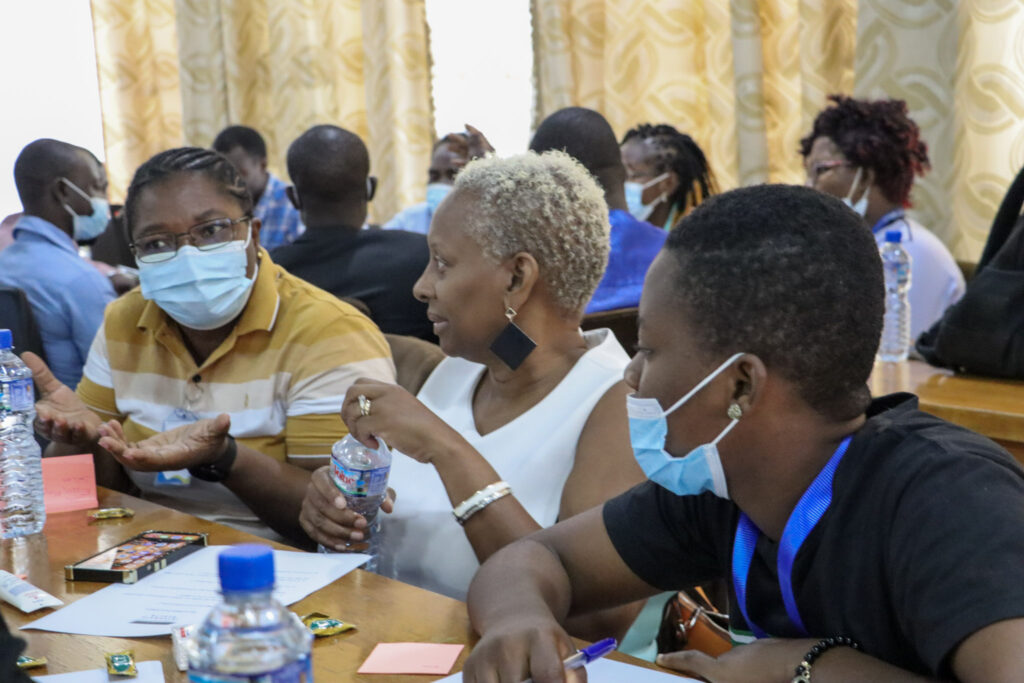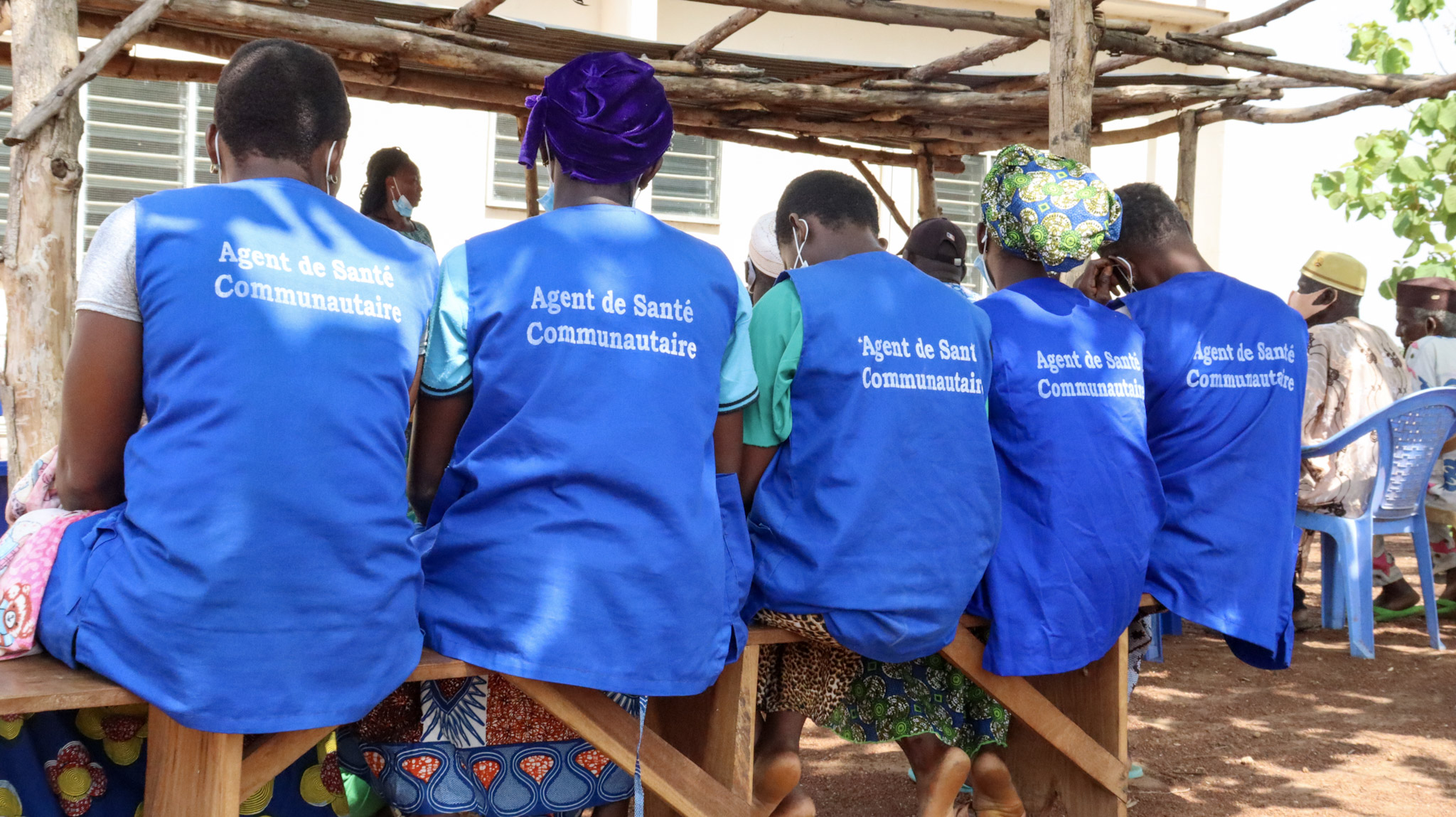“DEI is not a magic wand. I say it every day: do not expect one year of DEI training to erase years of colonialism or systemic and institutional racism. Because if this is your expectation, I cannot help you,” warns Angela Bruce Raeburn, Principal Consultant and Founder of DiverseDEV. Integrate Health has had the privilege of working with Angela for a year. Our NGO sector is predominantly white, and the shadows of colonialism loom large, generating pervasive inequal power dynamics between international aid organizations and the communities they support.
The development sector has become increasingly conscious of the pressing need for improved diversity, equity, and inclusion. Driven by this realization, Integrate Health sought to deepen its understanding of racism, neo-colonialism, and injustice. Angela’s guidance shed light on our shortcomings and enhanced, as she puts it, our “equity fluency.” We’re proud to share that our DEI council has ratified two critical documents in our DEI journey: the Integrate Health Culture Code and Statement on Racial Injustice.
Laying the groundwork for our DEI endeavors
Integrate Health’s commitment to DEI is unwavering. In 2020, we launched a checklist to ensure accountability towards our desired change, introducing our inaugural culture code a year later. However, dismantling oppressive systems and reflecting on our individual and collective power dynamics were daunting tasks. Angela’s expertise was pivotal here.
She undertook individual interviews, surveyed our Togo staff, visited communities in Togo, and orchestrated workshops with staff to foster equity fluency. With the insights she gathered, she crafted a DEI strategy, presented actionable plans, and provided invaluable recommendations. This partnership enriched our grasp on policy gaps and staff experiences within the organization. It gave us the tools to work together on making our organization more equitable.

Integrate Health DEI Council
Together with Angela, we established a DEI Council, comprising five permanent and ten rotating members, representing every echelon and country within our organization. Convening monthly, the Council is dedicated to championing our DEI objectives and ensuring organizational accountability. Now, it is our responsibility to make sure that the DEI Council will be consulted when decisions regarding people across the organization are being made that affect teams in Togo and Guinea.
The Council has endorsed two cornerstone documents: a revamped culture code and a comprehensive statement on racial injustice. With these guiding documents, we’re set to amplify our commitment to equity. Angela’s support leaves us empowered and optimistic, but the responsibility to continue the work, fortify our DEI ethos, and operationalize our culture code now rests with us. Our Council is already making strides in identifying training needs for our managers, staff, and Community Health Workers.
Why DEI matters in development
Historically, the international development sector has been deeply influenced by colonial legacies, where decision-making, resource allocation, and project prioritization disproportionately favor Western perspectives and ideals. Such practices were designed to perpetuate a narrative that devalues local knowledge and solutions, echoing colonial-era condescension.
White saviorism, a contemporary manifestation of these colonial tendencies, exemplifies the patronizing approach where individuals from the West perceive themselves as the “rescuers” of the “less fortunate” in the Global South. This perspective is problematic because it assumes a unilateral flow of knowledge and resources from the West to the rest of the world, sidelining local expertise and reinforcing power imbalances. It is here that DEI can play a transformative role.
By embedding DEI into the heart of our operations, we can begin to:
- Decentralize Power: A diverse staff ensures that decision-making is informed by multiple cultural, social, and economic perspectives, preventing the concentration of power within a singular worldview.
- Elevate Community Voices: Equity ensures that communities and local leaders have a say in projects that directly impact them, treating them as partners.
- Enhance Cultural Sensitivity: An inclusive approach ensures that programs are tailored to the unique cultural contexts of the communities being served, leading to more sustainable and effective outcomes.
Addressing DEI is not just a matter of moral responsibility for our sector but is fundamental for our effectiveness and legitimacy. By actively combating institutional racism and white saviorism, and by embracing the tenets of DEI, international development can truly become an endeavor of mutual respect, collaboration, and shared progress. This is why we started this journey. Now, we feel empowered and equipped to create a better and stronger organization through DEI and take a leap towards an improved international development system.

